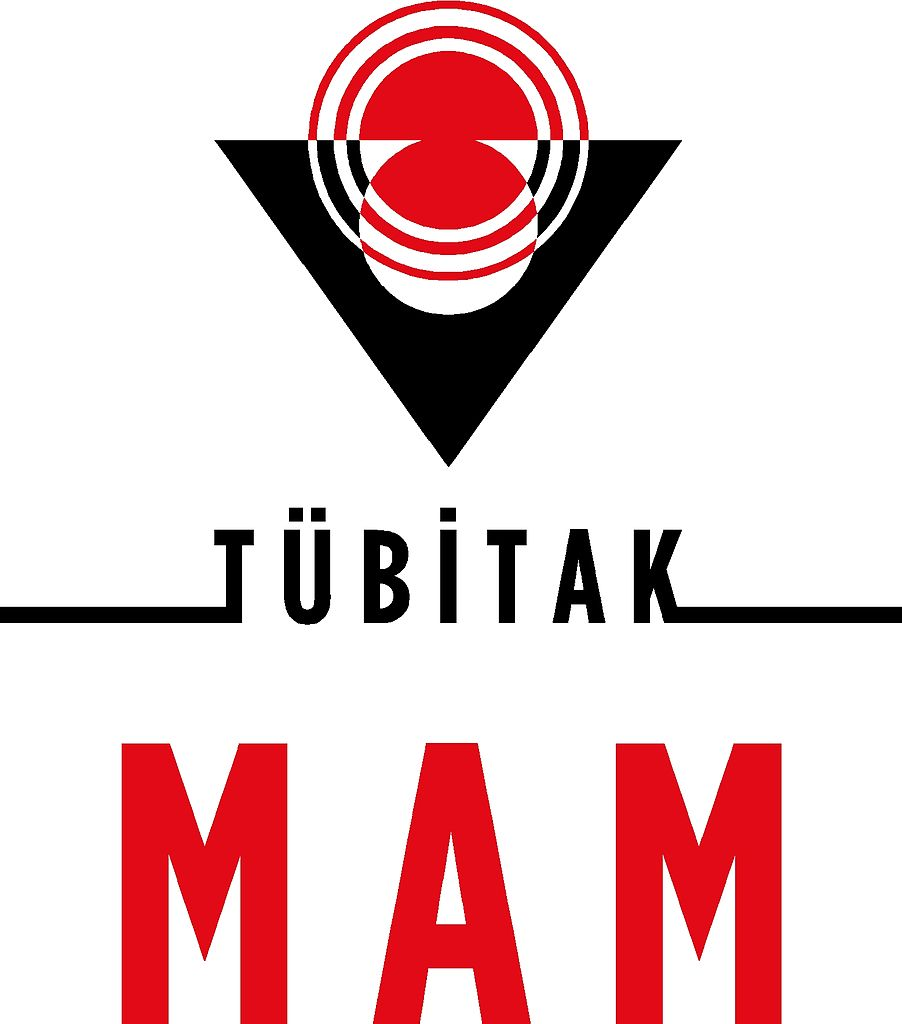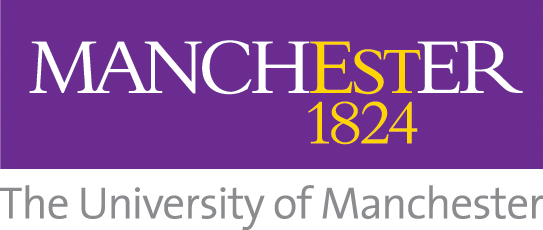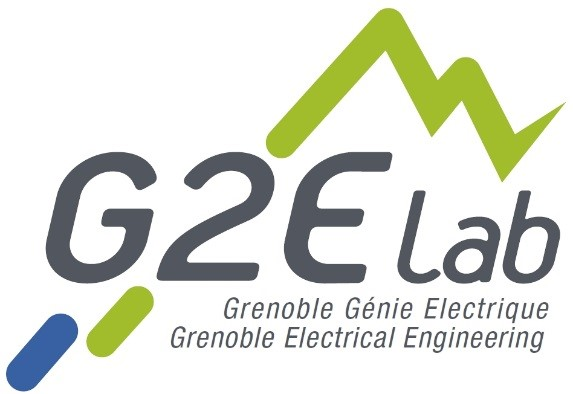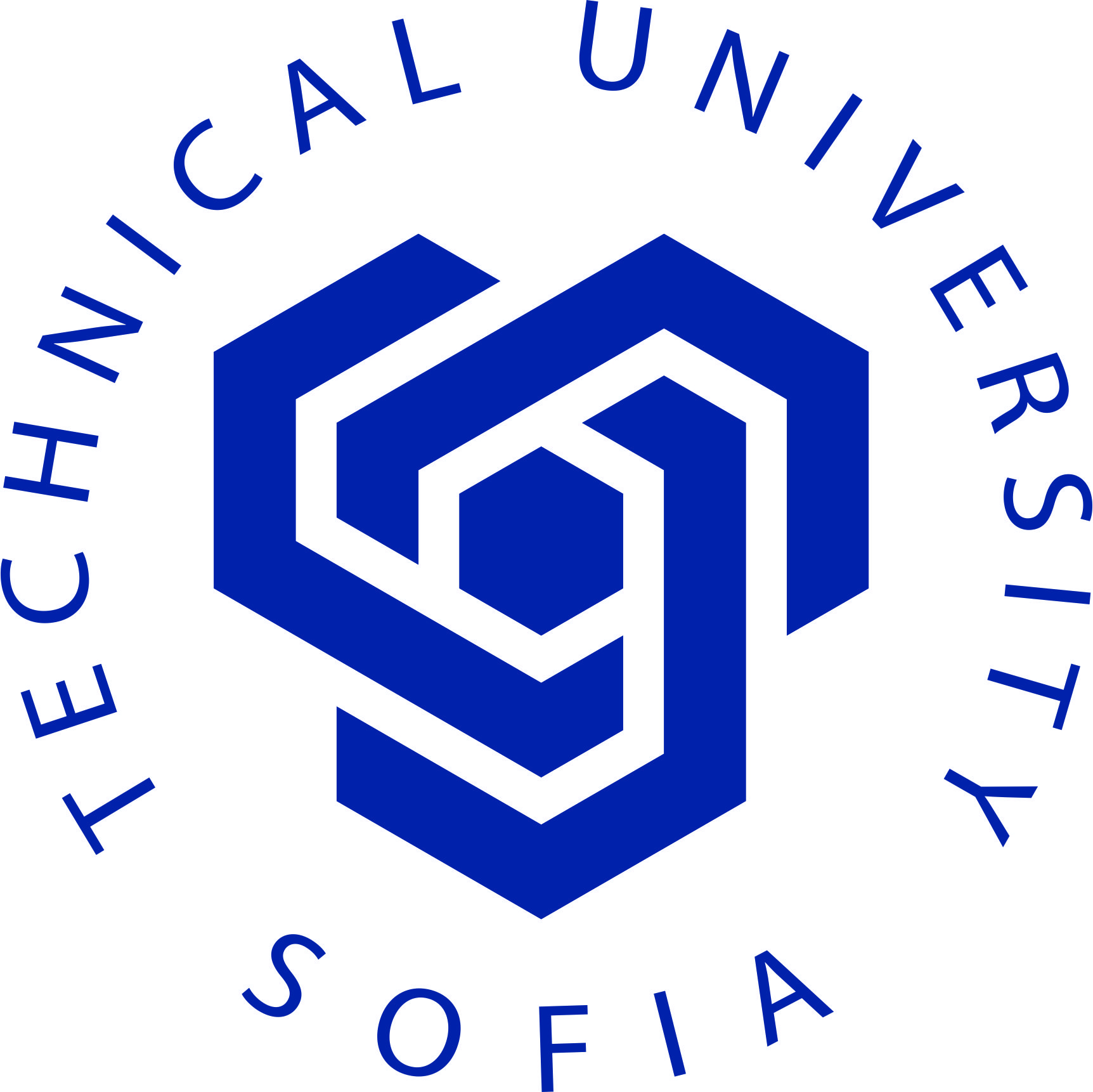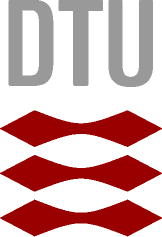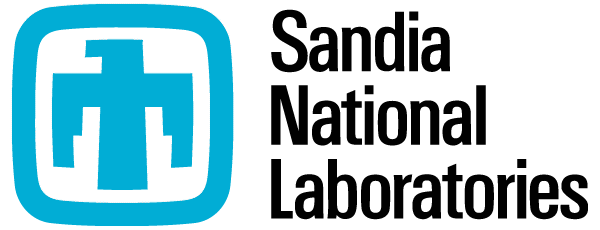R&D Nester (Centro de Investigação em Energia REN – State Grid, S.A.) is a research centre created through the partnership between REN (Redes Energéticas Nacionais), the Portuguese TSO, and State Grid Corporation of China, the Chinese TSO and DSO. As an energy research centre, R&D Nester’s mission is to provide an international platform for knowledge, delivering innovative solutions to be applied into energy systems; providing new tools, strategies and processes, well-tuned to the new energy paradigm, serving as a driving force towards more efficient and sustainable energy systems. R&D Nester main areas of research and expertise include: renewable energy management; smart grid technologies; power systems and communication systems simulation; power networks planning; power systems operation; energy markets and economics.
R&D Nester



